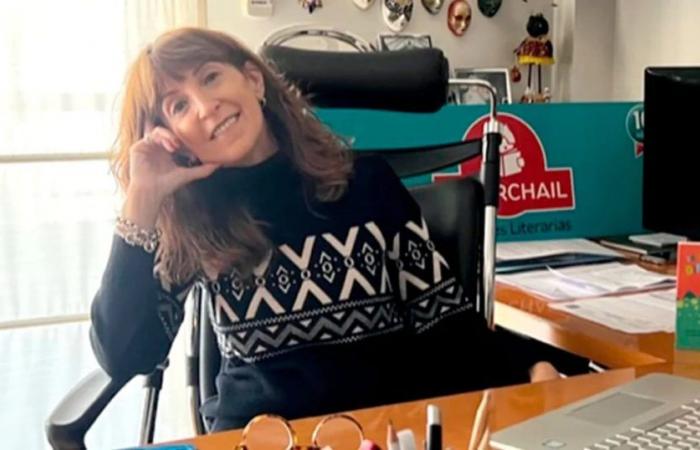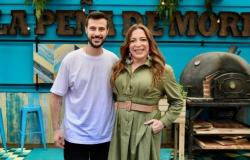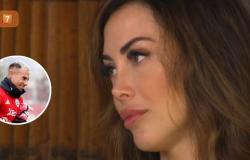Sometimes chance echoes a very strong inner desire, and a path that seemed predetermined changes course. That happened to Gabriela Perezwho is a lawyer graduated from the UBA by profession, but who today defines herself as an “editor by trade.”
One day he decided to give free rein to his passion for reading, he left the courts and founded Riderchail, a publisher of illustrated children’s literature books, several of them awarded by different institutions and organizations. Her commitment to literature for children was such that she is currently the vice president of the Argentine Book Chamberadvisor to the The Book Foundation and president of the Organizing Commission of the Buenos Aires Children’s and Youth Fair. In 2012 she won the award Traveling Ant to Editorial Work.
That passion, which was born a long time before becoming an editor, dates back to her childhood, when she did not even imagine the possibility of her own publishing house, when it was only, perhaps, a dream.
—How is reading identity constructed?
—I think that personal experiences also build us as readers. The reading identity is precisely part of our identity. No one reader is the same as another, even if they share reading tastes. We appropriate books from the moment we immerse ourselves in reading as a one-way path. The same book does not leave the same mark on its readers, and it is not about whether they liked it or not, whether they enjoyed it or not. Each reading has to do with our own experiences. The reading identity is one’s own, and is built throughout life. It is part of our inner being. And it can also change because it has nuances. Like life itself.
—Do you think a book could spark interest in reading?
-Absolutely. Reading a book that touches our soul, that captivates us, can trigger the desire to search for more readings, more stories. That a book managed to lead us to the introspection of reading, to the abstraction that implies that a story includes us and the feeling of being part of the plot will surely make us seek to return to that pleasant and fantastic feeling that involves entering the world of reading.
—From a home without a mother or father or reading relatives, can an avid reader emerge?
—An avid reader can always emerge and at any time in life too. Even coming from a family that does not have the habit of reading. Although I believe that examples are worth a thousand words and seeing our parents reading would at least lead us to feel attracted to books, I also believe that the basis of an eternal reader is not given so much by the example, but by the way in which that the books are presented to us. If I have to read a book as one more school assignment, as one more obligation, I will surely not become an avid reader. Simply because what is presented to us as an obligation, what we are forced to do, in general, is not attractive or pleasurable to us. If the book is presented as something playful, or better yet, as something linked to an emotional moment (“my mother reads me a book before bed”) I will always want to return to those moments. At the moment of play or at the emotional moment. I can read books to my children even if I am not an inveterate reader. I can do it as just another game. The enthusiasm that a book can provoke in a child can also awaken the reading habit in his parents.
—What does it mean to be a reading mediator? Is it something linked to education?
—A reading mediator is someone who brings you a book. He offers you a reading. I believe that the first reading mediators are the parents, the family. Who may or may not be readers. Because parents always play with our children, and as I said before, books are another recreational space. Then, of course, the mediators par excellence are teachers and librarians. They are the great pillar between children and books. If this is linked to education? Well, books always educate, they teach us the most important thing we can learn: they teach us to think. To form your own thought. Books educate us almost without realizing it. That’s its magic.
—Do you remember your first encounter with books?
—My parents were not readers, and there were no books at home. I remember going to those places where people bought used books and magazines on Saturday afternoons, and I dedicated myself to seeing what I found that interested me. One day I found Dailan Kifki, the gulubu forest already Carozo Minujín. Maria Elena He brought me closer to the books, and I didn’t leave again.
[Fotos: gentileza Gabriela Pérez y archivo]






